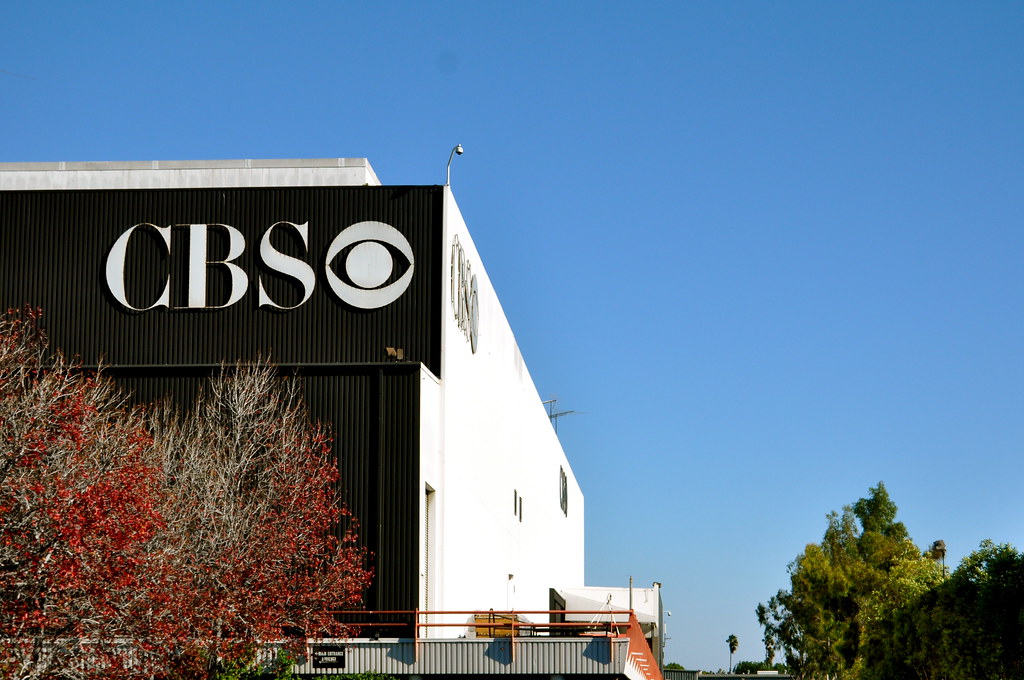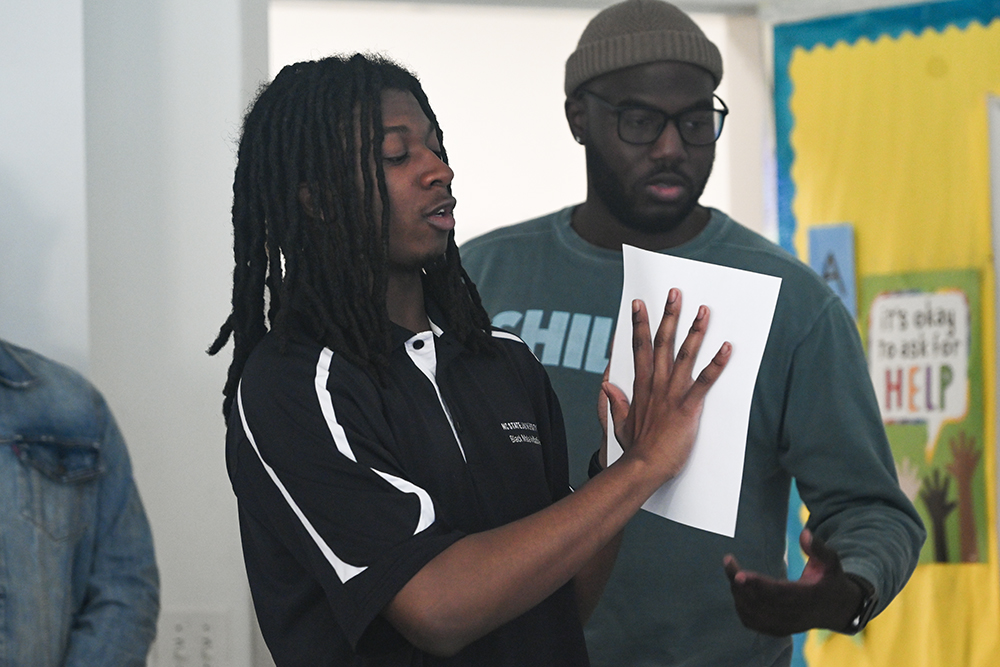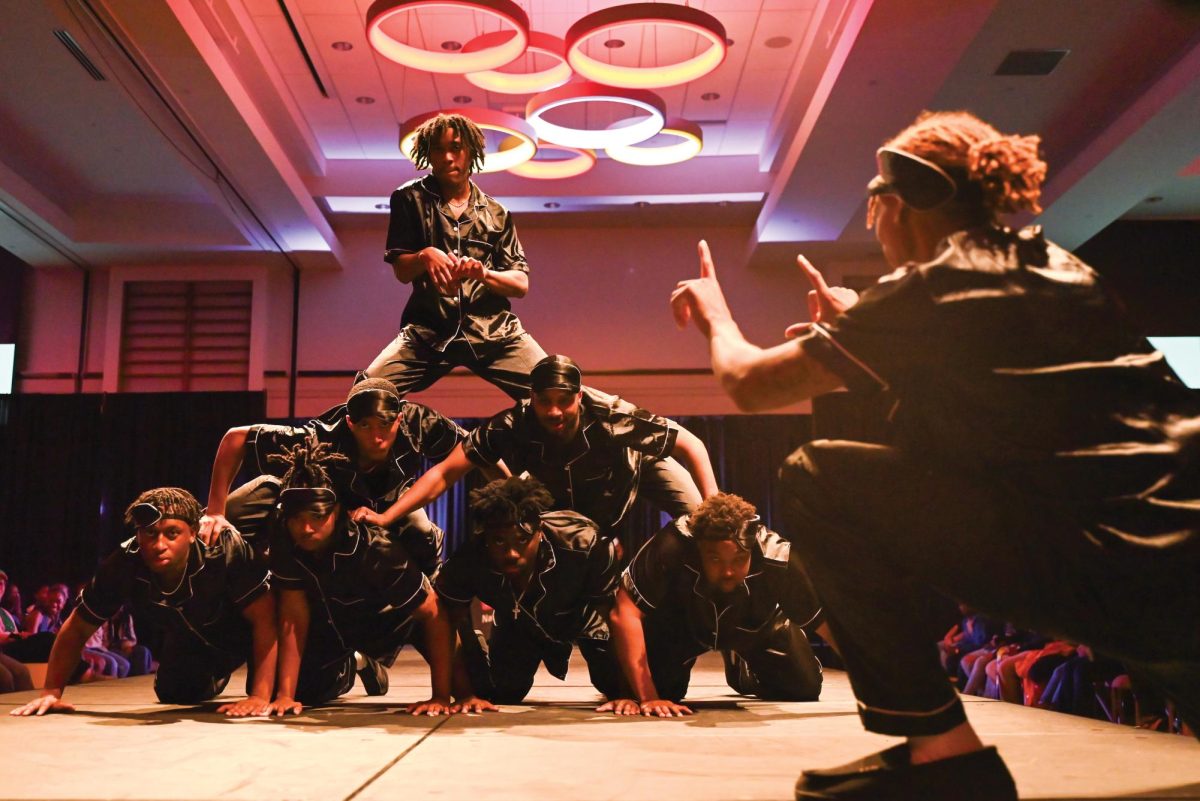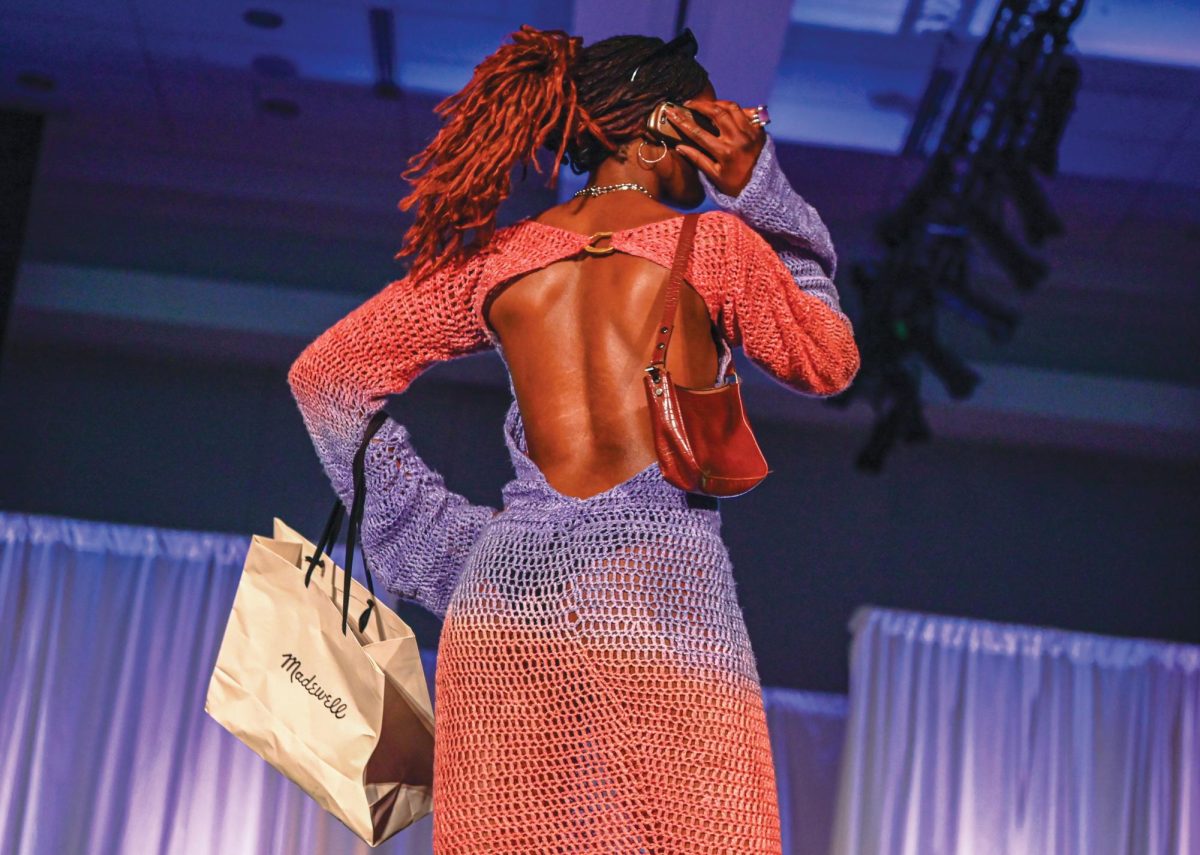When you wake up in the morning and get dressed, do you ever stop to think what it took to make the clothes you pick out? What many people don’t realize is that some of our favorite clothes were most likely made by women and children in sweatshops under extreme conditions for little to no wages at all. To raise awareness about sweatshops and other human rights injustices, the Human Rights Awareness Tour also referred to as HRAT, held a “No Sweat Fashion Show” along with a a fair trade coffee night.
According to their Facebook group, The Human Rights Awareness Tour or “HRAT” is a group of traveling student organizers, non-governmental organizations, speakers, filmmakers, bands, photographers, journalists, artists, poets, models, and performers who have united in an effort to promote Human Rights, Environmental Sustainability, and Fair Trade practices.
The night started off with the calming sounds of Tistrya and friends, Tistrya playing her guitar while students waited for the show to begin. Students could also sample organic coffee and soda and other Fair Trade products. I tasted a Steaz grape green tea organic soda, that I can say for sure was like nothing I had ever tasted before. There was also a table for students to register to vote, a common thing this year with the upcoming election.
After Tistrya finished playing, Sara Morarej a graduate of the University of Connecticut who works with the tour, spoke about the night’s clothing and purpose of the fashion show. HRAT travels to different colleges and universities to promote the Universal Declaration of Human Rights (UDHR) which the countries of the United Nations signed into “soft law” after World War II meaning it hasn’t been strictly enforced. She spoke about how in sweatshops, “workers are treated as slaves and they are at the whim of the factory owner.” The shops are generally American or Western organizations created within the states. One of HRAT’s main goals was to emphasize and make light of as well as gain support for clause 24 of the UDHR which states “Everyone has the right to rest and leisure, including reasonable limitation of working hours and and periodic holidays with pay” encouraging protection of workers.
Morarej mentioned how HRAT has used tour stop to “put pressure on University’s to buy their apparel from non sweatshop factories and companies.”
After an empowering and highly informative speech, Morarej introduced the models. The models were N.C. State students from all different majors, classes, sexes, sizes, and ethnicities. Models did not have to be experienced but were selected from a casting held the Wednesday before the week of the show.
Paula Hagan, the Union Actvities Board Diversity Chair helped organize the event and the casting call. “We selected 21 diverse models with the best walks. They did a great job showing off the clothing” she said.
Each model donned a piece of clothing made from non sweatshop factories. The clothes were 100 percent sweatshop free and union made. There was no particular walk for the night. Even though the event was to make light of a very serious issue, models put on smiles and held up peace signs as they showed off clothing.
Englann Taylor, a freshman in first year college said the fashion show was “a good way to see how clothes can be made without using sweatshops.”
Queandra Ward, also a freshman in first year college said “It was a very positive and diverse event. It offered a lot of information about what the organization [HRAT] is about.”
The event had a pretty good turn out, but I’m sure as more people learn about the Human Rights Awareness Tour and what they are trying to achieve even more people will be in attendance if they decide to stop here again. In the meantime, the next time you consider throwing your old clothes away in the garbage, think of who may have worked endlessly unable to get a break to make those clothes for you and pass those clothes along to someone else who could use them.





